Anand Daniel has been a partner at Accel India for over a decade, and led investments in top early-stage startups. His investments focus on key consumer tech segments such as online marketplaces, digital healthcare, foodtech, edtech, mobility, and so on. Anand has led investments in leading startups, including BlackBuck, Bounce, Forus, EduPristine (acquired by DeVry), Rupeek, SenseHQ, Spinny, Swiggy, TaxiForSure (acquired by Ola), Vedantu, Vokal, and others. He also serves as the board member of these companies. Prior to his current role, the MIT alumnus spent several years in key engineering and management positions at Intel Corporation.

